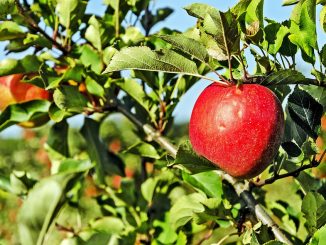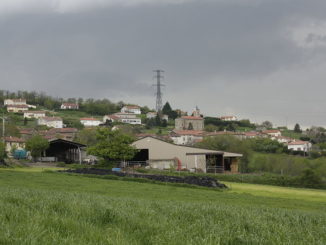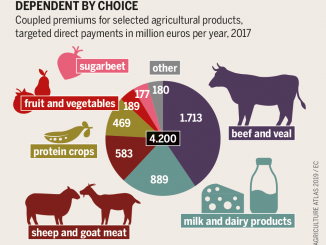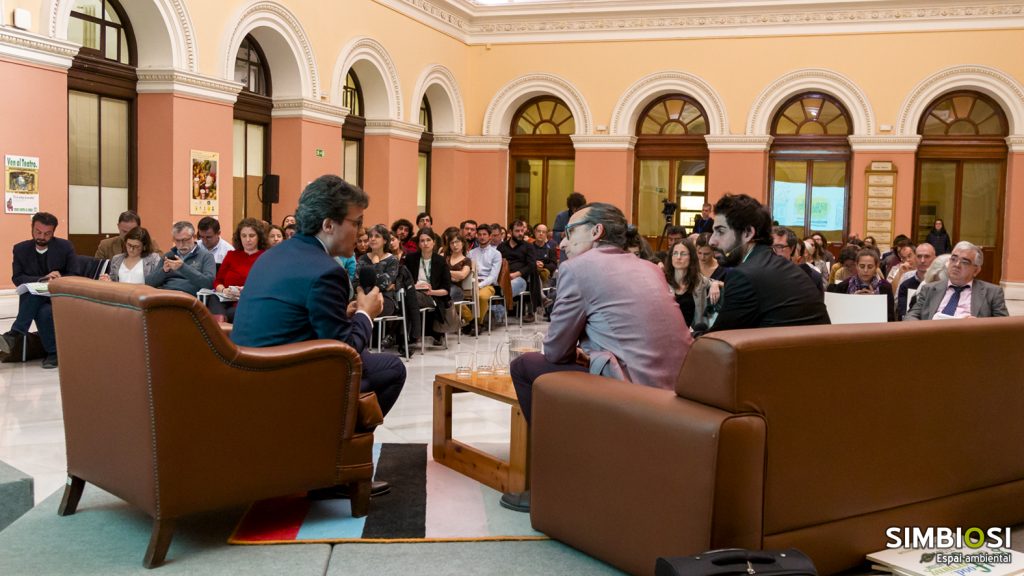
Marta Zygadlo in Spain
Following the lead of French, German and Italian food and farming coalitions, this March saw the launch of Coalición Por Otra PAC, a chance for Spanish civil society to join forces to push for a truly sustainable CAP.
It is made up of organisations defending environment and consumers, as well those representing and promoting nutrition and health, sustainable and organic agriculture, rural development, and transhumance. Its purpose is clear – to be a “full-fledged” partner on the ongoing CAP negotiations and to influence debates on the future of CAP in relevant forums at the national and European level (i.e. the Spanish and European Parliaments, the European Commission, as well as regional and national public administrations).
The launch in the Spanish Ministry of Agriculture, Fisheries and Food, was attended by farmers organisations, officials of Agriculture’s Ministry, the independent body responsible for the implementation of European funds in Spain (FEGA), Spanish Agency of International Cooperation for Development, representatives of scientific investigation bodies (CEIGRAM and CSIC) as well as political party Unidas Podemos and many journalists.
The formation of the coalition took two years and currently includes 37 members (they are all listed at the end of this post). During this consolidation process they managed to agree on twenty priorities formulating concrete demands and proposals with regard to the CAP’s implementation in Spain, as well to the CAP’s new design at the EU and International level.
Por Otra Pac’s vision is to reach an agroecological transition that ensures sustainable, just, responsible and healthy argi-food systems. Their mission is “true reform” of the CAP which is beneficial to all citizens. For that the CAP should be:
- fair and equitable to those engaged in agriculture, livestock breeding and with other inhabitants of rural areas. Provide decent working conditions for those producers who are committed to sustainability, creating jobs in the villages;
- healthy, in a way that ensures that all have access to a healthy and sustainable diet;
- respectful to the environment, supporting good agricultural practices that produce food whilst preserving natural resources, climate, biodiversity and animal welfare and
- globally responsible, considering the sustainable development of the whole planet and the impact on producers within and outside EU borders.
The Coalition’s origin, as with the Italian initiative, goes back to the European campaign the LivingLand, in Spain Por un Campo Vivo, created by environmental organizations in 2017 following the public consultation on the PAC beyond 2020 launched by EU-Commission.
Inés Jordana, responsible for Food and Agriculture in SEO/Birdlife, who co-coordinates the Coalition, explains that during the LivingLand campaign they realized that food and agriculture concerns go beyond environmental impact and that they needed to collaborate with more actors and organisations that work on related issues such as social justice concerns, supporting women and young people and small-scale farmers. A wide-reaching alliance was needed. In December 2017, SEO/BirdLife and WWF Spain organized a workshop to explore the potential of building such an alliance, mapping the actors that have been working on the CAP in Spain. They then turned to Pour Une Autre PAC, to study their structure and work and learn from them. Working in such a broad alliance improves the advocacy capacity of many organisations working on agroecological transition, as well as increasing the diversity of debates and participation.
PorOtraPac’s political work include promotion of their vision of the future CAP through coordinated actions with similar platforms at the European level. Accordingly, Por Otra PAC, in January 2019 attended the annual demonstration Meine Landwirtschaft “Wir haben es satt” in Berlin, participated actively in the campaign Good Food Good Farming 2018, assisted in the 2018 EU Food and Farming Forum (EU3F) in Brussels organized by IPES Food and recently also adapted and translated into Spanish the Heinrich Böll Foundation’s publication regarding facts and figures on EU farming policy, initially launched in Germany, France, and Italy.
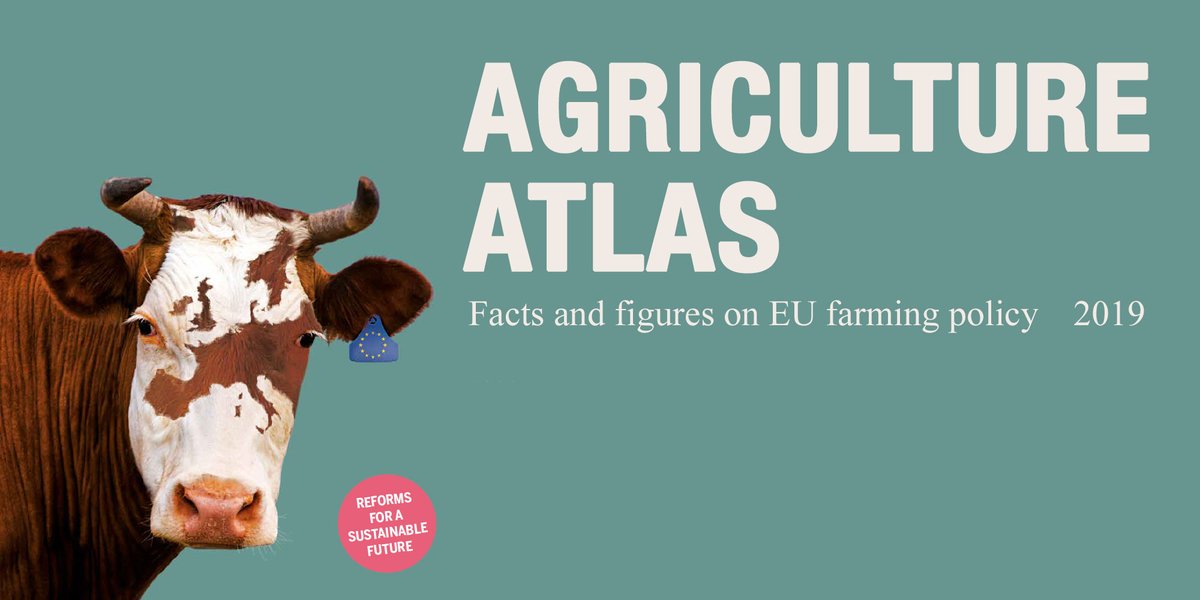
The Spanish version, Atlas de la PAC , was officially presented in Spain and includes four chapters particularly relevant to Spain, which support many of the claims and proposals included in the coalition’s twenty priorities. These chapters are: Mediterranean Agriculture: Water and Climate; Systems of High Natural Value in Spain (SHNV): Food – toward sustainable diets; ¿Does the CAP supports the agroecological transition in Spain? Their contents were coordinated by Coalition’s members such as Mensa Civica- European Alliance For Sustainable Collective Catering; Ecovalia- Association of Ecological Value that promotes organic production, SEAE/A -Spanish Society of Organic Agriculture and Agroecology; Asociacion Transhumancia y Naturaleza and Fundación Nueva Cultura del Agua. Two first chapters are also included in the English version of the Atlas launched this week at the EU level.
What issues does Por Otra PAC prioritise? How does it envisage an agroecological transition? Stay tuned for Part II.
Por Otra PAC Members
Academia Española de Nutrición y Dietética- Spanish Academy for Nutritions and Diets
Asociación Gallega de Custodia del Territorio / Galician Association of Territory Stewardship
Asociación Trashumancia y Naturaleza Association for Transhumance and Nature
Asociación Vida Sana Association Healthy Live
Asturias Sostenible Sustainable Asturias
CECU Confederation of Consumers and Users
CERAI Rural Studies and Internation Agricultre Center –Developement ONG
Ecodes / Foudation for Ecology and Development
Ecologistas en Acción / Ecologist in Action
Ecovalia /Association of Ecological Value
Entretantos / Entretantos Foundation
Fedehesa / Spanish Dehesa Federation
FRECT / The Forum of Networks and Entities of the Territory Stewardship
Fundación Global Nature / Global Nature Foundation
Fundación FIRE / FIRE Fountation
Fundación Nueva Cultura del Agua / New Water’s Culture Foundation
Fundación Emys / Ems Fountation
Fundación Pau Costa / Pau Costa Foundation
Fundación Quebrantahuesos / Quebrantahuesos Fountation
Fundación Vida Sostenible / Foundation Sustainable Life
Ganaderas en Red / Cattle-women in Network
Germinando / Cooperative of social initiative, in the field of environment and education.
GOB Menorca / Balear Island Group of Ornithology and Defense of Nature
Greenpeace
GREFA / Rehabilitation group of the NativeFauna and its Habitat.
Justicia Alimentaria / Food Justice Assosiation
La Cuadra de Antón / Sustainable Restaurant in Gijon, Asturias
Madrid Agroecológico / Agrecological Madrid
Mensa Cívica / European Alliance For Sustainable Collective Catering
Observatorio para una Cultura del Territorio / Obseravatory for Territory’s Culture
Plataforma por la Ganadería Extensiva / Extensive Cattle Farmninf Platform
Red de Ciudades por la Agroecología / Networ of Cities for Agroecology
Red Terrae / Network of AgroEcological Reserve Territories
SEO/BirdLife
Sociedad Española de Agricultura Ecológica / Spanish Society of Organic Agriculture and Agroecology
WWF-España / WWF Spain
Xarxa de Custodia del Territori./ Network of Territory Stewardship



